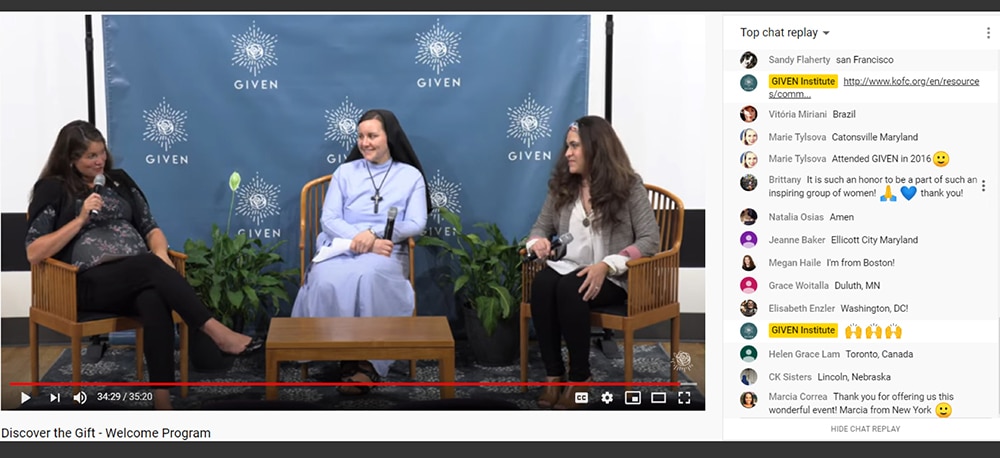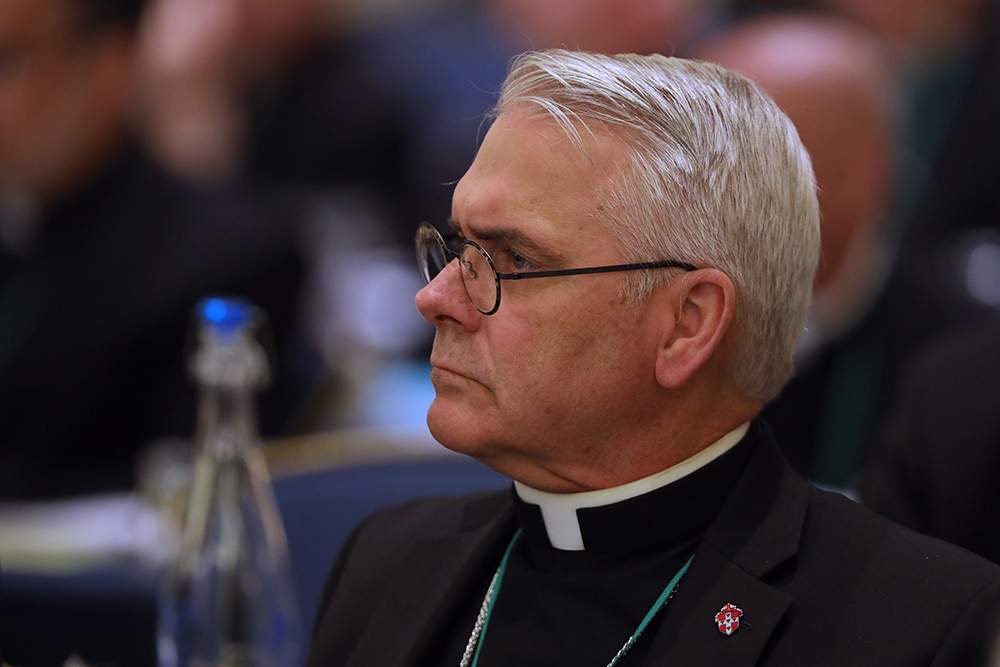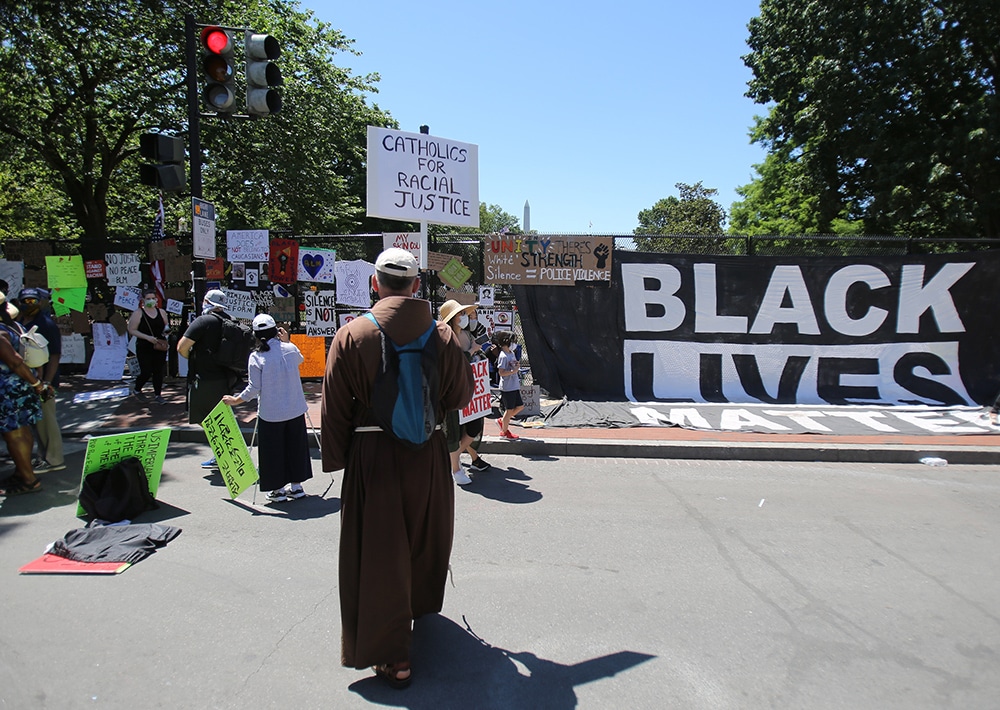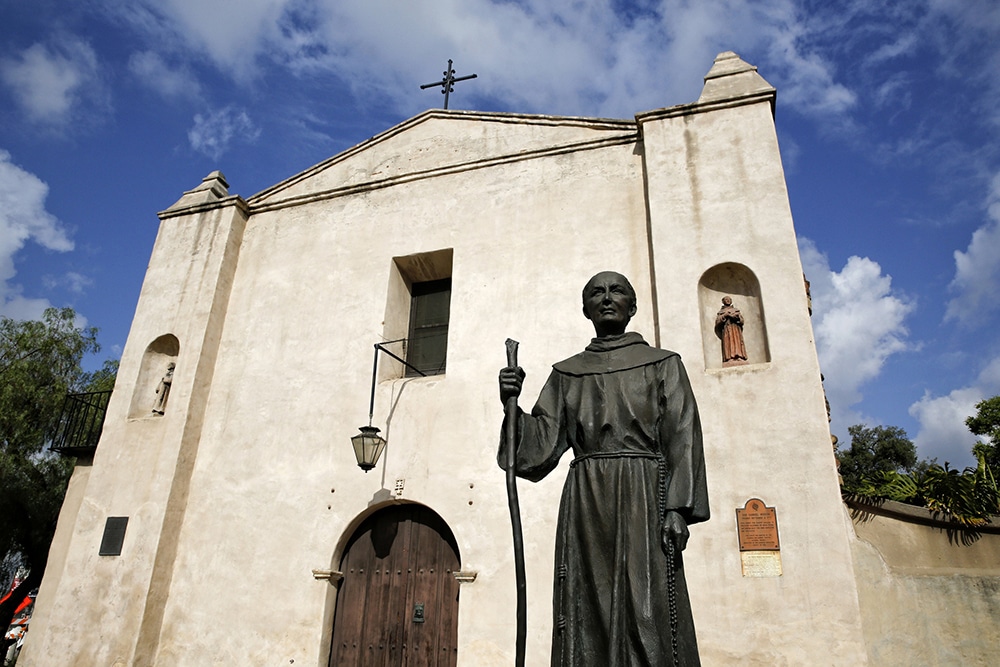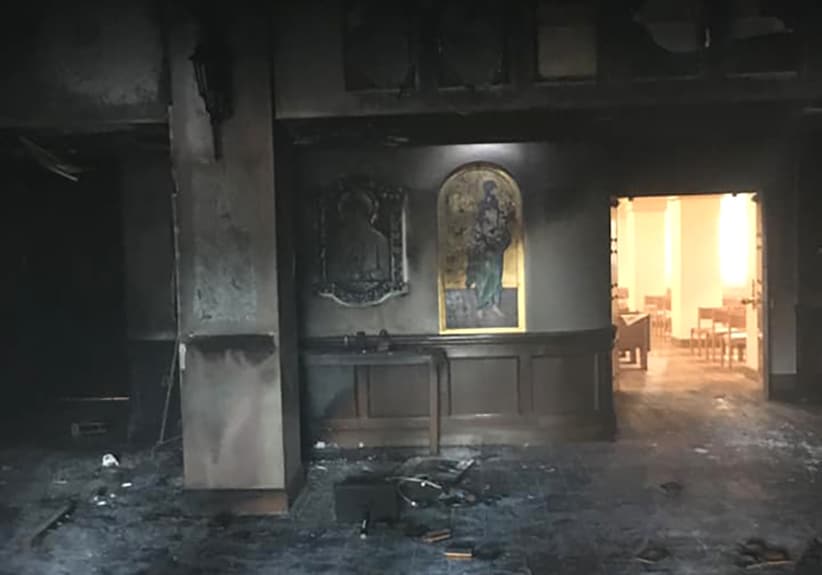When the COVID-19 pandemic shut down large gatherings across the U.S. this spring, organizers planning annual conferences were left with a choice: postpone, with no real assurance of when large gatherings would once again be deemed safe; cancel, and lose the opportunity to bring people together; or move the events to online platforms.
While many chose the first two options, those who chose the third are reporting silver linings to their virtual conferences, including having more participants, from wider afield, that they ever had before.
That experience has been reflected across business and education. According to the website businessofapps.com, the Zoom platform saw its number of daily meeting participants grow from 10 million in December to 200 million in March and 300 million in April.
All kinds of gatherings, from professional conferences such as the National Catholic Educational Association’s convention, which took place online in April, to the Given Leadership Conference, a much smaller gathering for young Catholic women in June, suddenly were being held in virtual space, with participants in their living rooms and at their kitchen tables.
‘Discover the Gift’
The Given Leadership Conference was supposed to be a one-time event for young Catholic women hosted by the members of the Council of Major Superiors of Religious Women in 2016, with 300 participants spending a week in Washington, D.C.
It was so successful that the Given Institute was formed to host annual gatherings, starting in 2019 with 130 women ages 21 to 30, said Abby Scharbach, mentor and training coordinator. The women prayed together, listened to talks about formation and leadership, and were matched with religious or lay women as mentors. They left the conference with action plans to share their gifts.
“We have three main focuses,” Scharbach said. “Receive the gift that you are. Realize the gifts that have been given to you. Respond with the gift that only you can give.”
Members of the cohorts from 2016 and 2019, along with new participants and mentors, were supposed to meet again in Washington in June.
“It became abundantly clear that we were not going to bring 113 young women and 75 mentors to D.C. this year,” Scharbach said. “Our model is very community-based and relational. The religious sisters are our secret sauce, and many of them are not even online. We knew we couldn’t replace what we do in person.”
The solution was to change the model, offering “Given: Discover the Gift” online for free. Events over the four days included prayer and keynote talks, offered on YouTube. The conference kicked off with a livestreamed event from the St. John Paul II National Shrine, although many of the talks were recorded in advance.
Each day was bookended with prayer and the event included talks from religious and lay women in English and in Spanish.
Women who signed up — women of all ages — received a PDF program guide to keep them on track, and participants were able to share their answers to discussion questions in the chat that accompanied the videos.
It was billed as a “taste of the Given Leadership Conference,” Scharbach said.
While the young women who applied for the 2020 conference were included, they were only a small part of the audience. They will be welcomed to Washington next June with the new 2021 cohort.
Meanwhile, the alumnae from the previous two cohorts were active in their own private Facebook group, a group that will grow every year, Scharbach said.
Making the change wasn’t simple, Scharbach said, since it involved finding new speakers, learning new technology and finding a way to pay for everything.
“We were lucky that our sponsors covered the expenses so we could do it without cost to the participants,” she said. “We did it free and without paid advertising. And a lot of sponsors also agreed to roll their sponsorship over to next year.”
Unexpected turnout
The National Catholic Educational Association found itself with even less time to rework its gathering, said Kevin Baxter, the NCEA’s chief innovation officer. The NCEA’s annual conference is generally held the week after Easter, when many Catholic schools have spring break, and this year, that fell about a month after much of the country shut down.
“It turned out to be something we were really proud of,” Baxter said. “But we were not at all confident when we started making plans.”
The association decided to keep the same dates because they knew participants had already blocked those out. But they were also days that teachers — many of whom had been running classes over platforms like Zoom and Google Meets — could get away from screens.
“We didn’t know if people were going to be so sick and tired of it that when they had a week away at Easter, they wouldn’t want to do it,” Baxter said.
But the association took a chance and opened registration just the week before.
“We had about 800 register the first day and we were blown away, and we just kept that pace,” Baxter said. “We learned a couple of things: Number one, there was a really great need and we think that need is still present, to learn about how we do school remotely, especially looking at the fall and not knowing what’s going to happen. Second, educators are willing to learn virtually. It helps us with planning for next year, about how we offer training and professional development remotely.”
The association had expected about 5,000 Catholic school educators to attend its conference in Baltimore this year; it ended up with 8,000 participants online.
The NCEA had already started experimenting with webinars and other remote events, and has a Zoom webinar license for a thousand people. If sessions hit that limit, they were streamed on YouTube and Twitter to an unlimited audience.
Most of the sessions didn’t hit that cap, Baxter said, with an average of attendance of between 500 and 750 people. Fifteen were offered live, and another 25 were pre-recorded and available as on-demand videos.
Those that covered remote learning and streaming for teachers were understandably popular, but so were sessions on topics of perennial interest to Catholic schools: budgeting and finance, marketing and sustainability.
But there was also demand for sessions that addressed “the spiritual side, and the mental health aspects and concerns with students, faculty and staff, and how to address that with parents,” Baxter said.
The offerings were so successful that the association hosted an online workshop in budgeting and finance for administrators and mental health for teachers in early June.
“Those we did charge for,” Baxter said, “And we had really strong interest.”
That has encouraged the association to continue offering learning and networking opportunities online.
“Even if we’re in person again in the spring, the plan at this point is to have a virtual component as well every time we gather,” Baxter said. “There’s just been a lot of positive feedback to that, to not having to travel, buy a plane ticket and get a hotel room. We came out of the event much more positive than we expected.”
Scharbach agreed. While the Given Institute is planning to host its in-person leadership forum next year, it also plans to expand its online offerings, Scharbach said.
“We were planning some master classes this fall,” she said, which would allow women to share their skills and ideas, and alumnae question-and-answer sessions. “We just have at our fingertips so many amazing Catholic women leaders, and their stories need to get out. Doing this online, we had people tuning from Brazil. We had a conversation with someone in Mexico about bringing Given to Mexico. Because of this, we’ve really expanded our network.”
Michelle Martin writes from Illinois.

